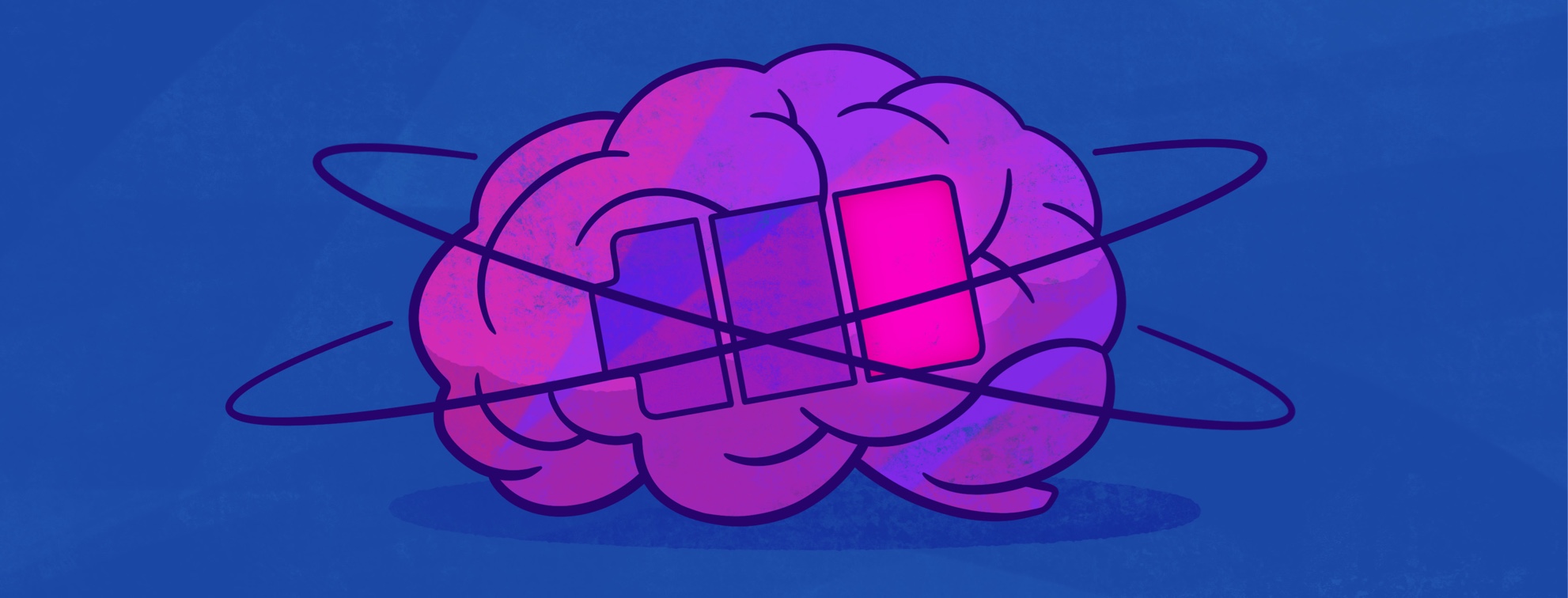Fatigue: Driving with the Gas Light On
Fatigue is one of the most common symptoms of multiple sclerosis (MS), and as many people living with it can tell you, it can be one of the most debilitating symptoms. Managing MS fatigue can be exceptionally difficult, but I would say it’s one of the most important parts of life with MS to learn to manage.
The thing is, even if you’ve already found what works for you, there will certainly be times when fatigue overcomes everything you do to manage it. Times when you feel like you’re out of fuel and driving with the gas light on by 9 in the morning. So, what do you do?
Prioritizing tasks and energy conservation
The first thing I do when I realize I’m only a few hours into my day and already low on fuel is write a list of everything I need and want to get done in order of importance. Next, depending on how drained I feel, I’ll pick the top 3 most important things on my to-do list and schedule blocks of time in my day to focus on each task. Everything else on my list that didn’t make it into my top 3 gets assigned to another day of the week.
This allows me to focus on just a few tasks and not feel overwhelmed by a huge to-do list. I also schedule blocks of time between each task to take a break and focus on resting and relaxing, so I don’t burn myself out.
Create a plan in advance
Unfortunately, I’ve found that nothing really seems to help me feel less fatigued on these days. So, in my experience, the best way to handle these lassitude-sponsored days is to have a game plan ready. Just like you might have an emergency kit stored somewhere at home for natural disasters, I have a step-by-step plan written down for how to complete various day-to-day tasks. I literally keep a folder of documents on my computer that outline all the steps in most of my day-to-day duties and chores.
It might sound silly, but I’ll even outline things like my morning routine. Under the crushing weight of fatigue, it can be difficult to remember all the steps in even the most simple of tasks. Plus, by outlining every little step, a task can feel much less daunting. Instead of thinking about eating an entire pizza on your own, you just have to focus on one slice at a time. The overall task itself might use the same amount of energy, but breaking it down into smaller steps allows you to focus on moving at a slower pace.
Crafting habits
I’ve always been a creature of habit, and this has really helped me manage my fatigue in several ways. When I have a good routine, I find that eventually I’m not really thinking about what I’m doing. It’s basically muscle memory. Or like when you’re driving home from work, and you pull into the driveway only to realize you were daydreaming instead of thinking about every turn you needed to make during your drive.
Having to think about each step in a task and having to constantly decide what to do next uses a lot of mental energy. When I’m having an especially bad fatigue day, I feel like my brain is burning twice as much energy, even if I’m just sitting there doing nothing. I feel like all my different routines help reduce the amount of energy it takes to get things done.
Work smart, not hard
I also create my routines with the intention of finding ways to make them more efficient. Finding ways to accomplish the same task with fewer steps or in easier and less energy-consuming ways. Who knows how much energy this is actually saving you, but on those days when you got nothing in the tank? Whatever little bit of energy you can scrounge up can be the difference between getting one thing done and getting nothing done.
What about you? How do you make it through those times when your tank is on empty, but you still have an entire day ahead of you? Let me know in the comments below!

Join the conversation